Chapter 1 Ideas Of History Background
In the universe, change is inevitable, without any exception. While going through this changing process, our ideas and contemplations have also transformed. New ideas have been born in different fields.
We have broken the barriers of tradition and brought many subjects within the purview of Historical Studies which were hitherto not discussed or highlighted.
This trend will, no doubt, enrich and enhance the knowledge bank of the studies of history, because ‘history is the mother of all sciences’ and ‘tower of experience’. The word ‘history’ has come from the Greek word ‘historia’.
It has come from the Latin word ‘history’ or knowledge. According to Sir William jones History is the scientific study of our complete past. The Greek scholar Herodotus is called “the father of history”.
“WBBSE class 8 history chapter 1 notes”
As per modern historiography royal history now has become the ‘history for you, ‘history for me’ and ‘history for all’. These new ideas and trends are indeed quite relevant to the progressive society and modern generation.
From the 19th century A.D., the study of history has been recognized as separate stuff, which is really ‘history of history’. Today history is the complete story of man’s life and struggle. It expanded the scope and variety of modern history.
| Class 8 General Science | Class 8 Maths |
| Class 8 History | Class 8 Science LAQs |
| Class 8 Geography | Class 8 Science SAQs |
| Class 8 Maths | Class 8 Geography |
| Class 8 History MCQs | Class 8 History |
The modern trends in the studies of history help us to know the numerous aspects of history; for example, the history of a new society, sports, food habits, art, clothes, transport, and communication, etc.
The study of modern history has freed itself from all mundane bondage and expanded to a new horizon. Very often, old government records, letters, and reports of Government officials and the Police help in the study of history.
In the words of historian G. M. Trevalion, ‘Study of history is the mother of the study of other social studies’. French philosopher Voltaire said about ‘eternal and universal history’, which is the main aim of most historians.

Rabindranath Tagore (1861-1941)
Thought that the history of India which we study for examinations is just a history of the dark times of India. Our history is the struggle for the throne or coming up and departure of various groups like Saka, Hun, Pathan, Mughal, Portuguese; French, British, etc.
This history could never answer about the standing portion of the Indians or the whereabouts of their killers or enemies. According to Rabindranath Tagore “we got the dust storms from foreigners written history, but no word of Home…..”
Tagore thought that “Those countries are lucky who find their eternal home in the history of their nation”. Unfortunately by, our history prevented us from our patriotic feeling about India.
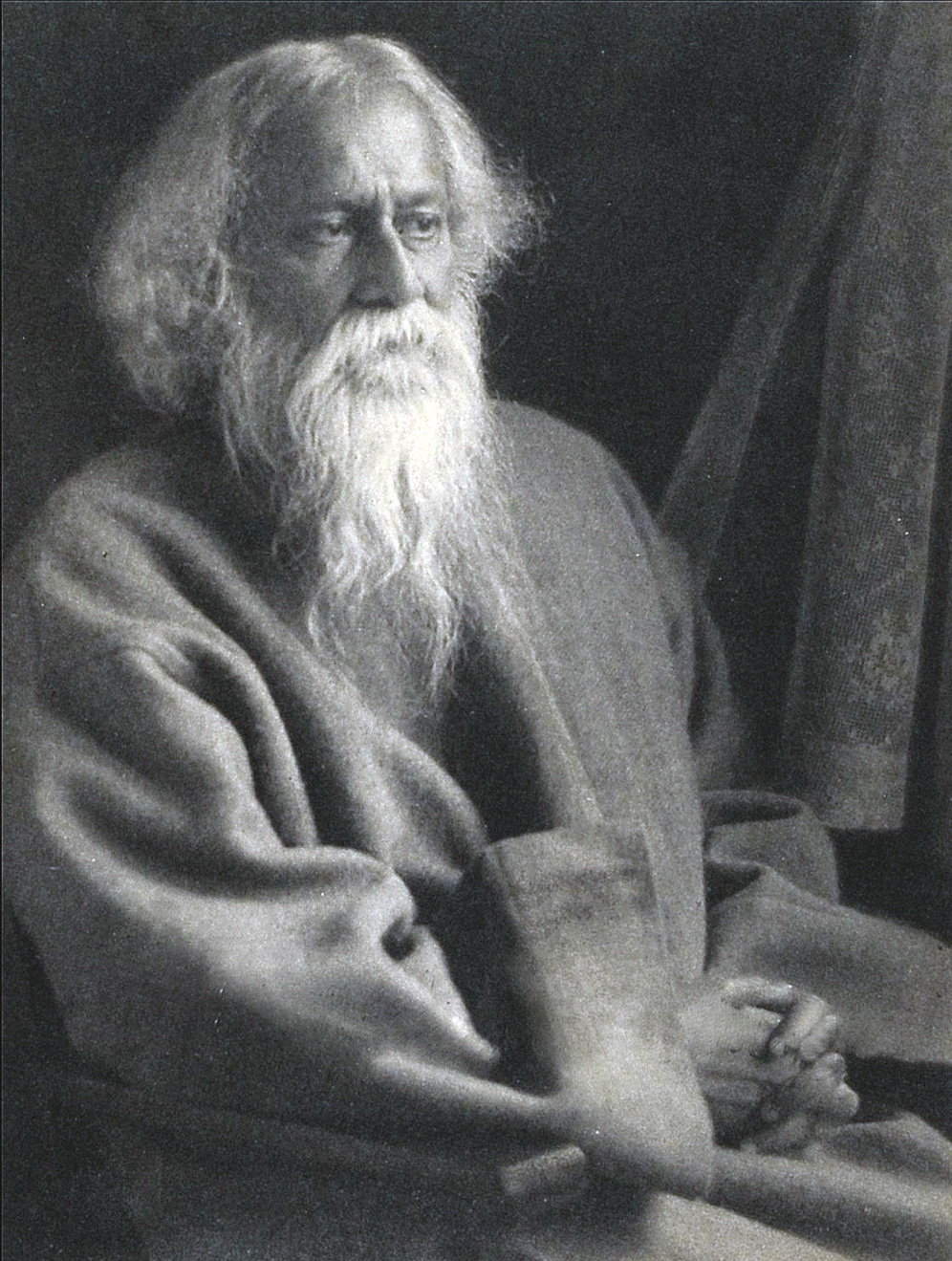
From the invitation of Sultan Mahmud to the imperial expansion of Lord Curzon our history took a new chapter, where there was no good impressive look at our homeland. Rabindranath said “It focuses artificial light.
On such a spot of history, that the history of our own nation is swallowed in the darkness…..” Tagore maintained the British colonialism found its justification in the ideology of nationalism, as the colonizers came to India and other rich pastures of the world to plunder and so further the prosperity of their own nation.
“ideas of history WBBSE class 8 history notes”
They were never sincere in developing colonized countries or nations, as to convert their “hunting ground” into “cultivated fields” would have been contrary to their national interest.
His critique of nationalism on that of a wholesome and holistic thinker arguing against discusses couched in essentialism and one-sidedness that-champion power and wealth but not soul and conscience, greed but not goodness, possessing but not giving self-aggrandizement but not self-sacrifice becoming but not being.
Bankim Chandra (1838-1898)
Before Rabindranath wanted a true history of the Bengalis. He wanted to glorify the past history of his race.
The study of the past history of Bengal and Bengalis will help to compare the history of Bengalis in the present times. The present is determined by past history. In this sense, the study of the knowledge of history is very important.
So proper history is not the history of fights and battles of kings or fall of empires. Bankim Chandra wanted such a history where the glorious past of the Bengalis must be highlighted which will make influence to the present activities.
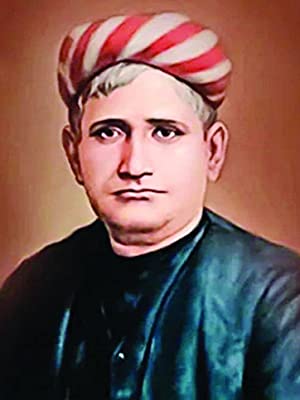
History is a logical and scientific method of the study of our past. On this perspective, we must analyze the “Whiteman burden Theory” of Rudyard Kipling’s burden theory from a negative point of view.
Really the civilized British came to India not to civilize the uncivilized Indians, .they came to exploit us and our country. This is the real motive of the establishment of the British empire in India.
“exercise 1 solved questions on ideas of history class 8”
Before the British rule in India, from Emperor Ashoka to Akbar or Aryabhatta to Sri Chaitanya dev, India established its own history, which was no less glorious than the history of the British. This is the history of true history of India.
Rudyard Kipling
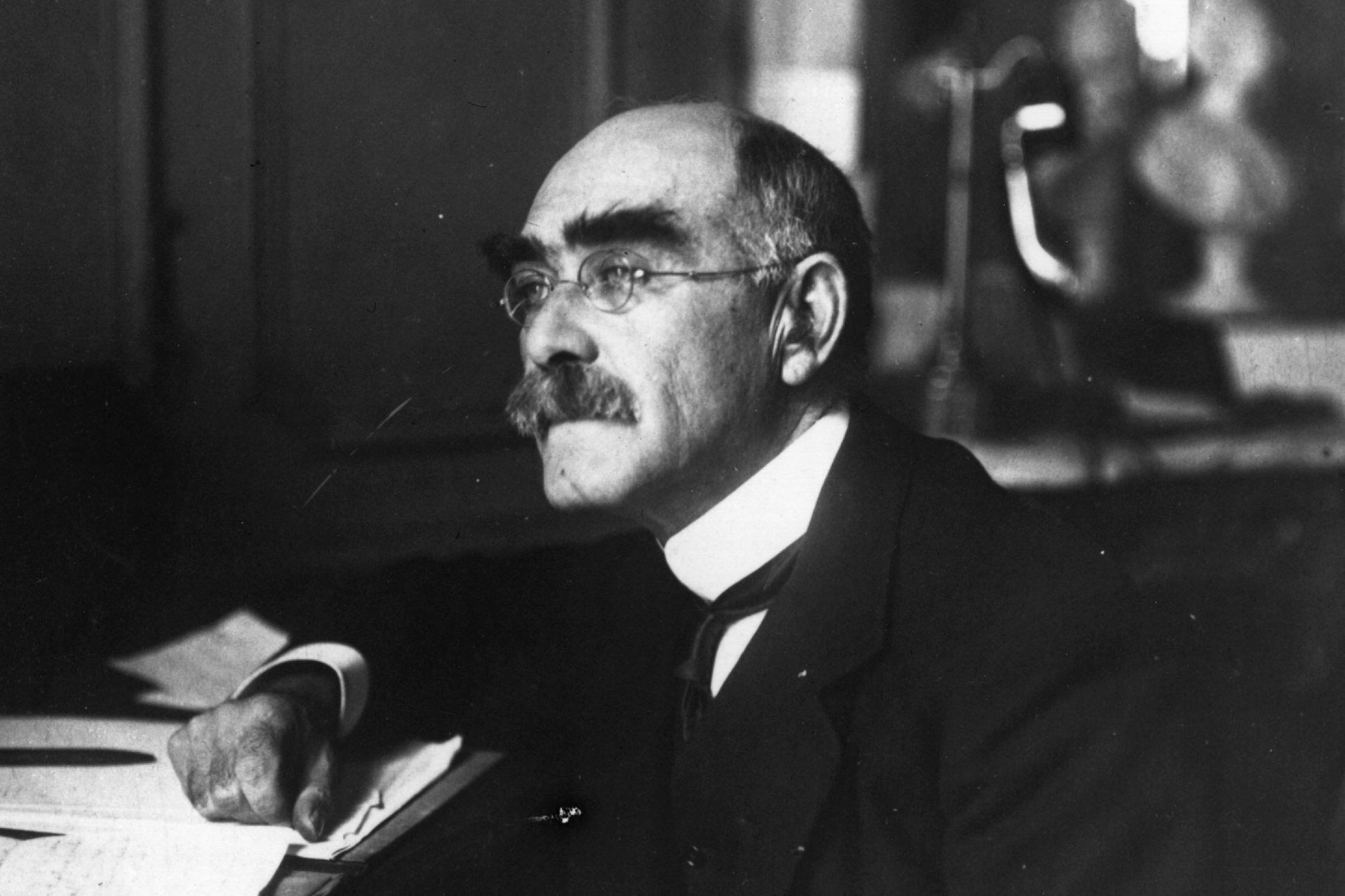
So history is not only a collection of dates, facts, and names of kings and rulers, it is the identity of a race. Therefore, reading history is very urgent to find out the truth.
So on the words of Rabindranath and Bankim Chandra, inquiry and arguments are very important to know the past events and the consequences of the history of Indians and as well as the history of Bengalis.
“WBBSE class 8 history chapter 1 important questions”
In the new view of history, it has clearly been stated that thousands of nameless people are generally neglected in the documents or records of history, because in the time of the writing of the history of the Santhal revolt.
we only write about Sidhu and Kanu neglecting a lot of common rebels or in the time of the writing the freedom history we give emphasis on the role of Gandhiji or Netaji Subhas Chandra Bose only forgetting thousands of other participants in the struggle for freedom of India.
Chapter 1 Ideas Of History The Problems Of Dividing Areas In Indian History
Division or periodization of history is arbitrary. It is very difficult to divide areas in Indian History because history is like a flow of rivers.
The facts and events of ancient history have a link and relation with medieval history which also have a correlation with modern history. So dividing areas in Indian history is problematic.
“difference between history, archaeology, and anthropology”
But on some features Indian history has been divided by historian Romila Thapar into three eras, such as ancient eras based on the classical culture of the Hindus, the medieval era based on integrated culture of Muslims in India, and the modern era based on imperialist capitalism of the British in India.
Though the word ‘modern’ is relative, but yet it refers to whatever is current or recent. From this point of view, the battle of Plassey (1757) in the history of India is the beginning of a modern era.
James Stuart Mill
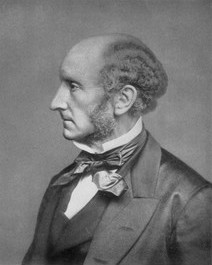
Mrityunjay Bidyalankar a professor of Fort William College wrote a history book called “Rajabali” in 1808, where he stated the history from the era of king Yudhisthira of the Mahabharata to the end of Kaliyuga.
The kali yuga might be the modern age, but modern historians did not accept the term “history of Kaliyuga”. They divided history from socio-economic and political points of view.
That’s why the historiography of ‘Rajabali’ of Mrityunjay Bidyalankar is not supported by scholars. British philosopher James Stuart Mill wrote “History of British India” in 1817, where he divided Indian history into the ‘Hindu Era’, (Ancient) ‘Muslim Era’ (Medieval), and the ‘British Era’ (Modern).
The first and second eras were named an the basis of religion, third one was on the basis of race-the identity of modernity. Mill did not have any respect to the Hindus of the ancient period and had apathy to the Muslims of the medieval period as it was to him the “dark age” of Indian history.
“definition and significance of history class 8”
Mill interpreted only the history of British India. He said that the battle of Plassey which happened fifty years after the death of Aurangzeb (1707) is the real beginning of the modern age in India.
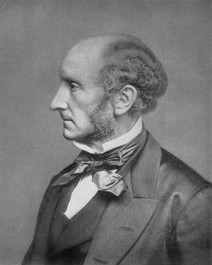
The nawabs of Bengal and even the East India company had obtained the framework of the Mughal administration. So on the basis of logic Aurangzeb should be kept in the character of the medieval age and Siraj-ud-daullah or Company’s Lord Clive would be treated as a man of the modern age.
So it is obviously a problem in dividing the history of India.
But its important aspects are-
- To simplify the pact with facts of history,
- To find out the unique characteristic features of every era,
- To decrease the term and pressure of a large passage of distance time of eras,
- To study and understand history easily, the divisions of Indian history are generally more.
Chapter 1 Ideas Of History The Sources Of Modern Indian History
The sources of modern history are available almost in all countries in the world. In the case of the history of modern India, it is not an exception.
Various books, diaries, administrative documents, letters, paintings, posters, portraits, pictures, land deeds, advertisements, newspapers, journals, etc are helpful sources of Indian history.
“sources of history primary and secondary sources WBBSE”
Apart from these biographies, autobiographies, and photographs are the best-known sources of history. But in time of using these sources, we need
- Scientific analysis,
- precautions and carefulness,
- Neutral thoughts and outlooks etc.
An autobiography can not be used as a direct source of history. Therefore without judging the sources written in autobiography, proper history would not be written.
For example, William Wedderburn wrote the biography of Allan Octavian Hume where he claimed that Hume was the founder of Indian National Congress. But it is not the correct information, because he was one of the factors behind the birth of Congress.
Like biography, photography is an important source to have information of social, economic, political, cultural, and other histories.
But it is not always absolute truthful evidence, because the photographs taken by two photographers of the same subject may be expressed different meanings. So, like a biography or auto-biography precautions are needed here.
The picture of Subhas Chandra Bose during his presidentship of the Haripura Congress (1938) and the picture of him during his resignation from the presidentship of the Tripuri Congress (1939) could never help to know about ‘Gandhi-Subhas conflict’.
“how historians study the past class 8 history”
So photographs are not always a reliable authentic source of history. In the case of the Capers, Journals, and books of the British, the freedom movements of Titumir, Birsha Munda, and Sidhu-Kanhu were written as anti-colonial movements and these rebels were called “trouble-makers”; not “freedom-fighters”.
Colonialism and imperialism are correlated. Imperialism is a method through which a powerful country dominates over a weak country and captures and controls the wealth of the people of the subjugated country.
“importance of chronology in history WBBSE class 8”
So imperialism is a kind of imperial expansion. In this perspective imperial country and its people must think that they are only civilized and therefore they must have their own history.
British claimed that ‘India had no history’. Now it is relevant to mention the words of Bankim Chandra Chattopadhyay, “you and I and everyone together will write our own history”.
After writing about nationalist views of Indian history, the conflict between nationalism and imperialism reached its climax.
